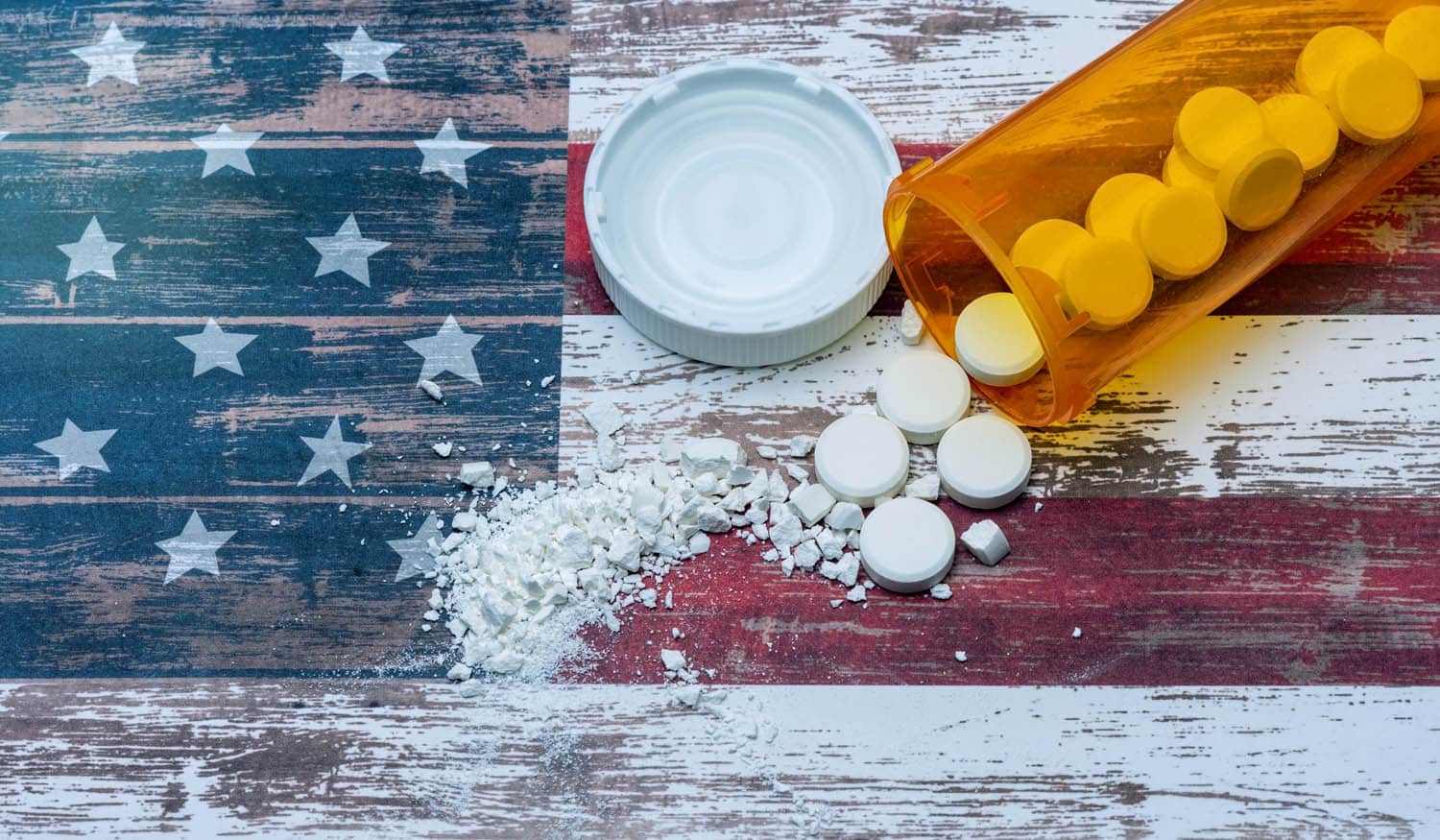
Suboxone® is a prescription medication, used in the treatment of opioid and heroin addictions. Every single day in the United States, 130 people die from an opioid overdose, on average. This is according to the Centers for Disease Control (CDC), which closely monitors the worsening opioid epidemic. Drug overdose deaths are arguably the most alarming health care crisis that our nation has ever seen. Today, more people die from a drug overdose than do from car accidents, firearms, homicides, or HIV/AIDS. Drug overdoses are the leading cause of death for Americans under the age of 50. Fueling the dramatic increase in deaths that result from drug abuse is prescription and non-prescription opioids including heroin and oxycodone.

Prescription drugs like Oxycontin, Vicodin or Percocet were once marketed as non-habit forming and many doctors prescribed them for all types of pain. Many of these patients became addicted to the painkillers and some would even turn to street drugs like heroin or fentanyl, once their prescriptions ran out. Opiates are known for having painful, excruciating withdrawal symptoms which makes it hard to quit, even when the person really, really wants to.
Suboxone can significantly aid in drug rehabilitation efforts, as the United States faces an overwhelming opioid overdose epidemic.
Suboxone is a prescription medication that combines buprenorphine and naloxone. This life-saving medication has been shown in numerous studies to ease opiate withdrawal symptoms in patients who are beginning their recovery from addiction. These studies also highlight that the medication is beneficial in helping to reduce the likelihood of relapse in many of the patients who use it as a part of their addiction treatment program. Suboxone is known as a medication-assisted treatment (MAT), which is used in conjunction with cognitive behavioral therapy and other approaches to addiction treatment.
In 2017 over 70,000 Americans died from a drug overdose according to the Centers for Disease Control. Most of these overdose deaths were fueled by an ongoing opioid epidemic that appears to only be getting worse as time goes on. Opioids were linked to 47,600 of these deaths (67.8% of all drug overdose deaths). With the United States battling this epidemic, the need for effective treatment options is at an all-time high.
Suboxone and buprenorphine are relatively new, yet they are an effective form of evidence-based treatment for addiction.
The US Food and Drug Administration approved Suboxone® to treat opioid dependence issues in patients in 2002. Because Suboxone is itself an opioid drug, it should only be taken with a prescription from a doctor, under close medical care and supervision at an addiction treatment facility.
Since suboxone and buprenorphine do exhibit the potential for abuse and misuse, they should be considered carefully, as a part of your ongoing recovery efforts. Much like methadone and naltrexone, Suboxone or buprenorphine medications like Subtex® should only be a temporary form of treatment for addiction to opioids. A step-down approach or drug-taper, should be followed carefully to prevent a replacement addiction from occurring. Tapering off medication is when the patient’s dosage is incrementally decreased, over time to eventually wean patients off of habit-forming drugs.
How does Suboxone help people recover from opiate addiction?
Helping to suppress cravings and often painful withdrawal symptoms, Suboxone has the potential to make the process of detox and recovery from opioid addiction much more manageable. Suboxone and buprenorphine have some distinct advantages over other medication-assisted treatments like naltrexone or methadone. Suboxone contains both buprenorphine (an opioid partial-antagonist) and naloxone (an opioid antagonist). The buprenorphine will allow the brain to think it is receiving opioids, while the naloxone component blocks the euphoric “high” associated with opioids. These components, in combination, will typically last for approximately 24 hours. Success rates, as measured by retention in treatment and one-year sobriety have been reported as high as 40-60% in some studies.
Learn more about the long term effectiveness of Suboxone in addiction treatment from Houston, Texas drug recovery: https://morethanrehab.com/2019/03/07/what-is-suboxone/